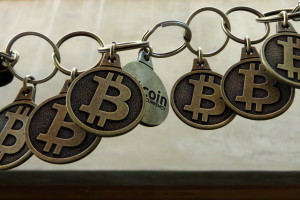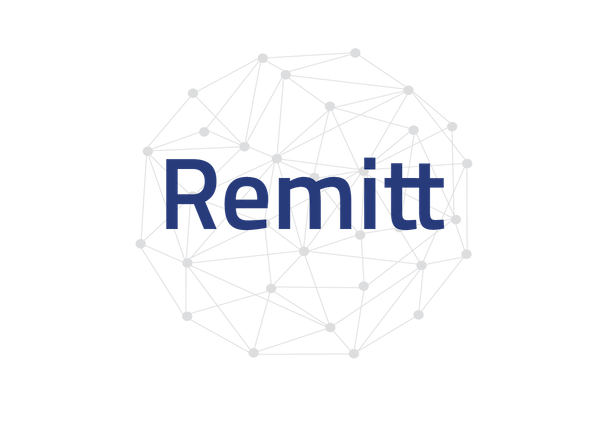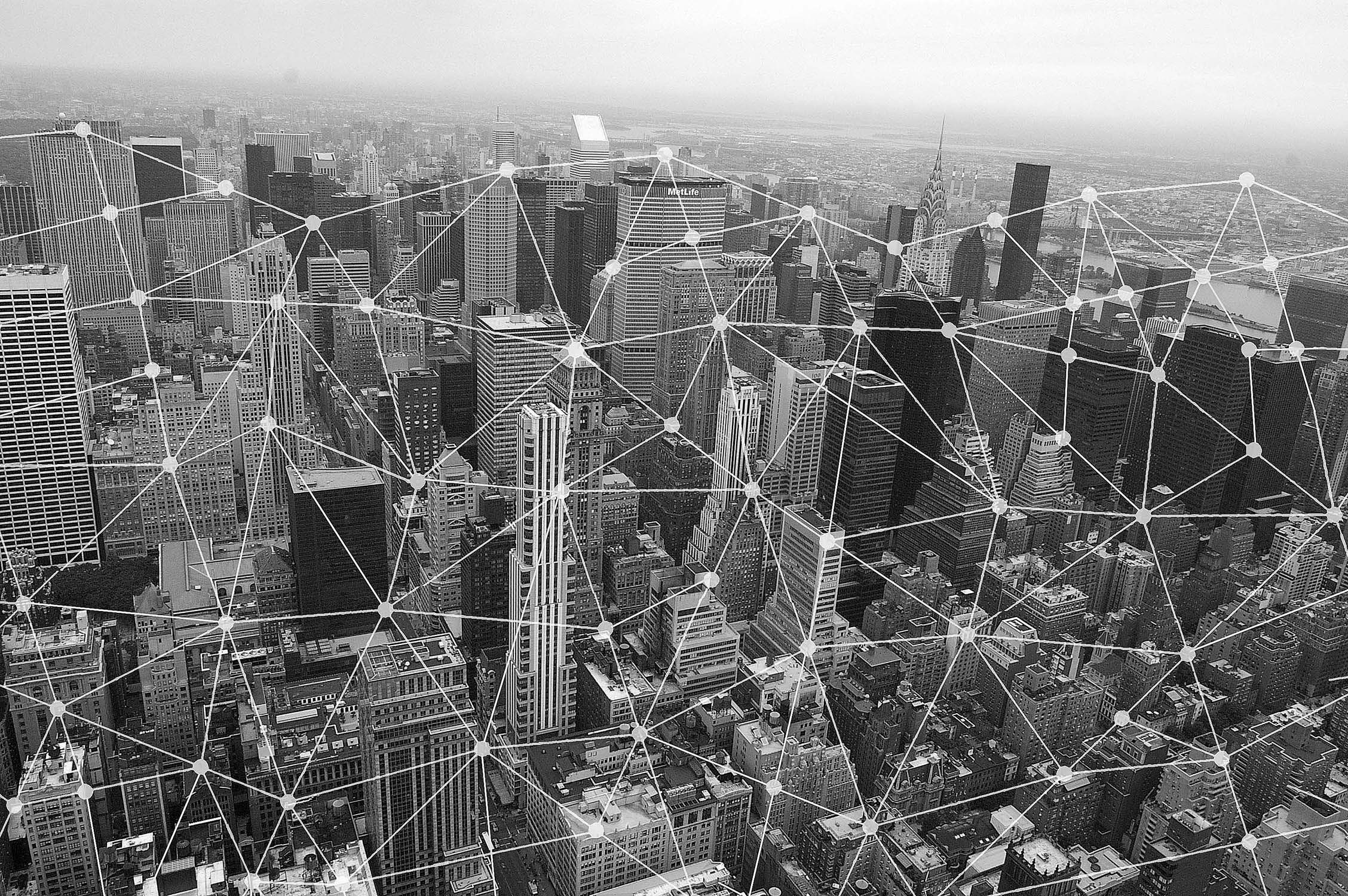
The blockchain will level the playing field.
What is the blockchain? It is a distributed public ledger that allows individuals who don’t know and trust each other to transfer value. At present the public perception of the blockchain is associated with digital currencies.
Miners in the Bitcoin network (a digital currency) secure the distributed ledger and verify transactions. Miners are incentivized to do so by earning a bitcoin reward and transaction fees for their work. Miners participate because bitcoin has value. Without a digital token that has value, there is no secure distributed public ledger that anyone can use to transfer value quickly and cheaply across the world.
Think about it, a distributed ledger that can transfer value, this could be property, transacting stock, services, or anything else.
An obvious industry exploring this is banks and financial institutions, which are exploring how to use the blockchain to transfer value between each other.
It is faster, cheaper and more transparent than some of the existing practices we have today, such as SWIFT, which provides a network that enables financial institutions worldwide to send and receive information about financial transactions in a secure, standardized environment. Much of the payments we receive today is through this network.
A report co-authored by Santander estimated that blockchain technology could reduce banks’ infrastructure costs by up to USD20 billion a year.
Another advantage of the blockchain is that it has the potential to better serve underserviced markets. There are already two billion people around the world who have no access to banks, and when they do, they have to fork out 7.7%, the global fee average of remitting money.
Many of these markets, for example some former CIS (Commonwealth of Independent States) nations, are heavily dependent on remittances as a percentage of their GDP, do not have the same access to financial services as those in developed markets.
The spread of blockchains is a direct challenge for those who trade in “trust”, and responsible for handling transactions.
Conversely, it is a new opportunity for those businesses to leverage the blockchain. Visa showcased a prototype connected automobile, with an app built into its dashboard. A collaboration between Visa and DocuSign, it uses the Bitcoin blockchain to record several types of contract information.
The blockchain is also a new opportunity for those considering developing new applications to deliver faster, cheaper and more transparent services.
The blockchain is not the disruption of today, it is a game changer. The potential of the blockchain is to completely change services as we currently know it.
Sassoon Grigorian is cofounder of Remitt, a fintech start-up


